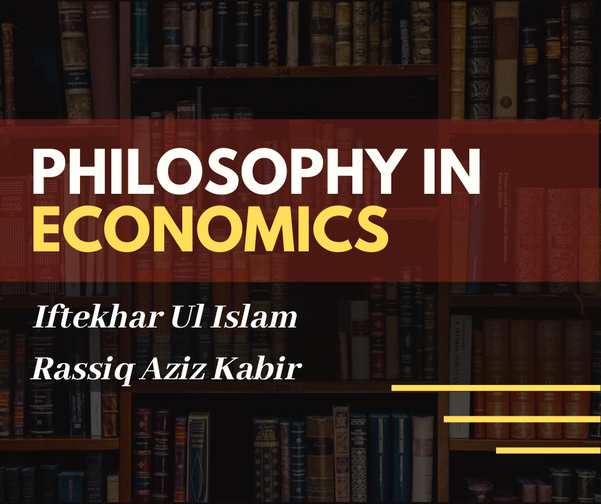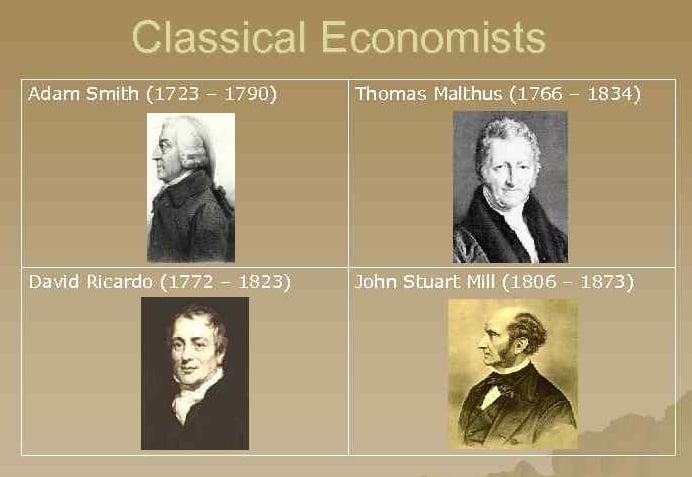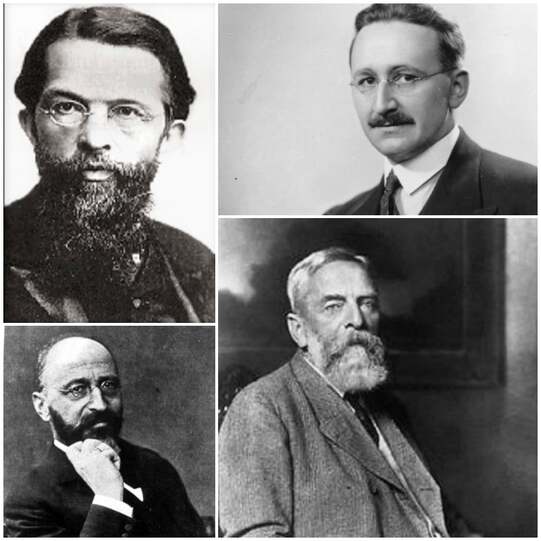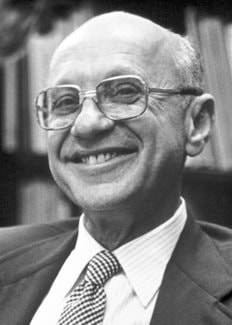ECONOMICS STUDY CENTER, UNIVERSITY OF DHAKA
|
Iftekhar Ul Islam & Rassiq Aziz Kabir Economics, the branch of social science that deals with the proper distribution and utilization of wealth, has been an important part of the branches of knowledge that were widely taught in the noteworthy civilizations of the past. Scottish philosopher Adam Smith led to the formal inception of the discipline after publishing his book, 'The Wealth of the Nations', which is widely regarded as the most important work in shaping the discipline. Beginning with the Classical point of view of Adam Smith, the discipline further divided into more schools of thought. Delineated below are a few schools of thought which have been influential for quite some time. Classical School of Thought: The classical theory flourished the most in the United Kingdom and has its roots in the works of Adam Smith. Other notable thinkers in this sub-sector include David Ricardo, Thomas Robert Malthus, and John Stuart Mill. The fundamental tenet of Classical Economics is that it considers the market as a self-governing entity that reaches its pinnacle of efficiency when not affected by any externality. This theory was metaphorically established by Adam Smith by introducing the concept of "invisible hands". In terms of economic policy making, the classical economists are liberals because they believe the market to be a self-sufficient entity which can control most of its activities by itself. Despite this, they do not entirely rule out the importance of the government. They do believe that the government has its role in providing the necessary and common goods required by the people of the state. As a whole, this theory has shaped the discipline the most and other sub-sectors have branched out of this theory making it the cornerstone of modern economic thought. Marxist School of Thought: Marxism is one of the most revolutionary ideas which encompasses a wide range of highly influential politico-economic doctrines and philosophical outlooks. This school of thought played a pivotal role in the creation of the Soviet Union as well as many socialist regimes that exist today. The fundamental principle of this school is everything is centralized and the government is supposed to take care of most of the basic chores of the people residing in the country. Marxism believes that class is essentially a concept that is detrimental to society as a whole as it gives the rich the opportunity to exploit and plunder wealth from the poor. Marxism, in theory, is deemed as altruistic but in practice, it never really matched the theory as we can see from the authoritarian regimes of the past. Nevertheless, the proper application of Marxism is something we haven’t yet seen in the world. Austrian School of Thought: The Austrian school of thought has its roots in the Central European country of Austria. It originated in the Austrian capital of Vienna in the late 19th and early 20th centuries. Notable proponents include Carl Menger, Frederich von Weiser, and Eugen Bawerk, although it got much of limelight when Frederich Hayek won the Nobel prize in 1974. The Austrian school is strictly classical liberal in its demeanor and it strongly opposes the Keynesian principle aka government intervention to the economy. It also conjectures that a recession is a normal and natural phenomenon in any existing economy. Also, economists trained in this school uses a variety of Mathematical and Statistical apparatuses while making any economic decision. This theory is heavily quantitative and the Chicago school has been largely a derivative of this. Chicago School of Thought: Much like the Austrian school, the Chicago School is another neo-classical branch of economics that is associated with the University of Chicago. Its inception is solely based on the thoughts and works of late Milton Friedman who worked for the development of this stream. Also a quant-heavy stream, it is extremely similar to the Austrian school in most of its views and philosophical outlooks. However, it differs in a few fundamental aspects such as the implication of Keynesian policy and the impacts of inflation. This school doesn’t totally rule out the Keynesian outlook but believes in the least possible government intervention. The University of Chicago is considered a pioneer in the discipline of economics as it has been successful in churning out many impactful theories of the discipline as a whole. References:
 Iftekhar Ul Islam  Rassiq Aziz Kabir
0 Comments
Leave a Reply. |
Send your articles to: |





